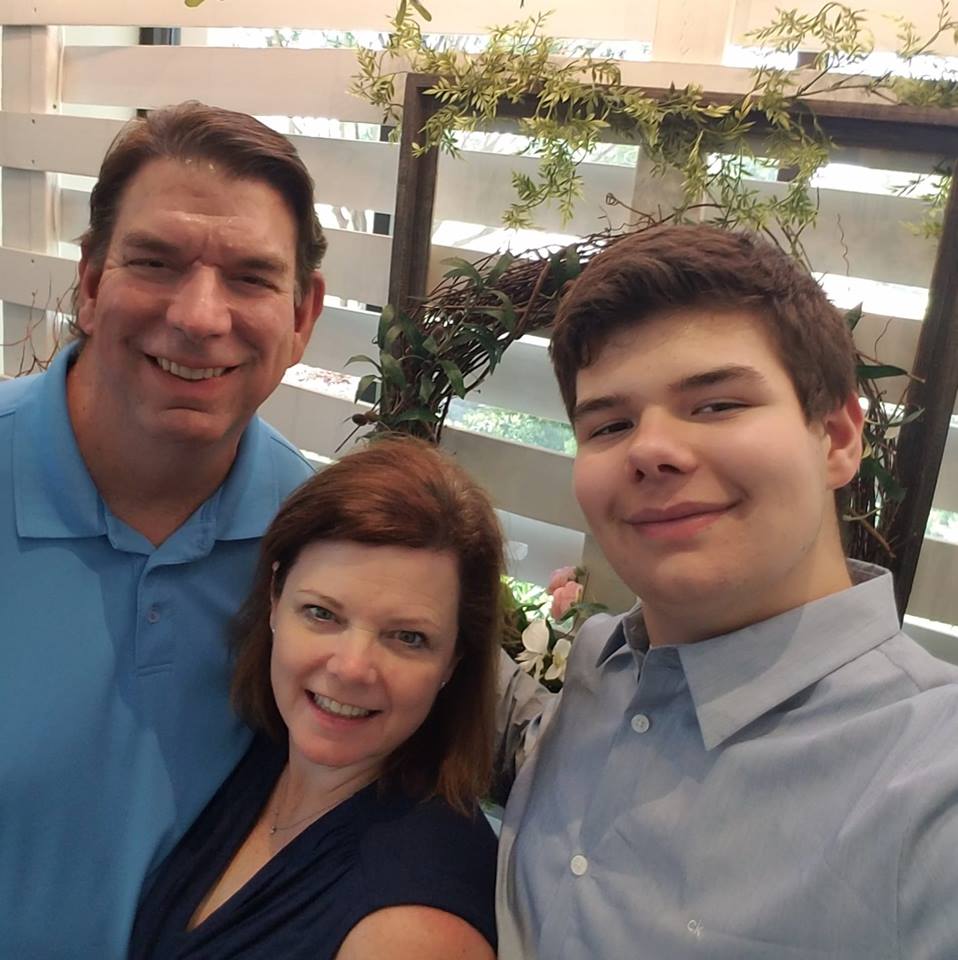Typically, when we talk about resilient kids, we talk about it in the context of teens and their ability to overcome obstacles in middle school, high school, or even launching into adulthood. But stepping back, it is clear to see that the seeds of resilience are planted very early in life.
What Does it Mean to be Resilient?
Being resilient means facing difficulties head-on instead of falling into despair or using unhealthy coping strategies. Resilience is often defined as the mental reservoir of strength that helps people handle stress and hardship.1
We all know someone who seems to have an innate ability to overcome the challenges of life. They are the people who face illness head-on, or who lose their job and rebound better than before. They are the compassionate friends who always seems to have strength to share. Resilient adults have:
- good problem-solving skills
- a survivor mentality
- strong sense self
- a connection with their community
- an ability to bounce back
But one does not just wake up one day and say, “Okay, today I am a strong, resilient person.” Resilience starts at a young age and develops over a lifetime. True resilience is based on a relationship with Christ, and deeply resilient people fully trust Him and walk in confidence in God’s plan for their lives. I love how the psalmist reminds us of God’s eye upon us every day.
I will instruct you and teach you in the way you should go; I will counsel you with my eye upon you.
Psalms 32:8
Where Does Resilience Start?
As I sit with young moms, I am all too aware of the day-to-day struggle just to make it to the end of the day. Some days, survival seems more important than character. On those long days, be encouraged, you are leaving an imprint on your child that will last forever. With subtle awareness on your part, you can set the foundation for resilience in your preschooler.
- Show them your unconditional love. In your day-to-day interactions, even at those moments when you lose your temper, your child should never worry that you do not love them. Give lots of hugs, snuggles, giggles, and reminders that you love them, to help build that confidence brick by brick.
- Teach them of Jesus’ love for them. As Christian parents, we want our kids to feel safe and to see the unique and precious way God made them. Throughout your day, fill your heart and theirs by exploring the awesomeness and wonder of God and His creation.
- Simplify the house rules and pick your battles. You can have as few as three house rules: 1) We don’t break stuff, 2) We don’t hurt people with our words and objects, and 3) We treat people with respect. When you simplify the rules, discipline becomes clearer, and behavior becomes less of a day-to-day battle.
- Let your children see you worship God. Even at a very young age, children can sense authenticity. Let your children see you reading your Bible and hear you praying and talking about God in your everyday life. One of my favorite childhood memories is waking up and going into the kitchen to see my dad reading his Bible under the harsh glare of the kitchen lights before leaving for work each morning.
- Know your child and allow them to explore. Preschoolers are not self-aware of their unique temperaments, but they are aware of where their interests fall. Allow space and time for your child to just play. Discover the world through bubbles, clay, sand, and grass. Read silly books together. Simply walk outside without an agenda and let your little one guide where you go, how long you walk, and when you stop, sit, and dig. These moments are the fertile ground upon which God will continue to shape and mold your child’s character.
Trying to do anything intentional with a two-year-old can feel a bit like a WWE wrestling match. But by inviting Christ into your day-to-day parenting, you can change your view of the tasks at hand. I promise that there are plenty of organic moments when inviting God to enter in will change the balance of your day, and establish a resilient foundation for your child.
- Walker FR, Pfingst K, Carnevali L, Sgoifo A, Nalivaiko E. In the search for integrative biomarker of resilience to psychological stress.

